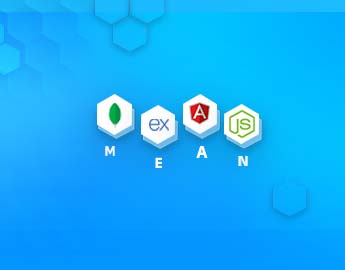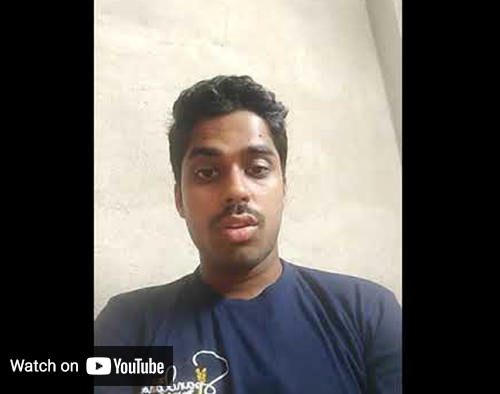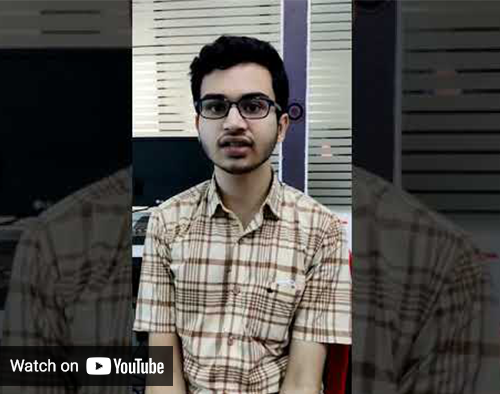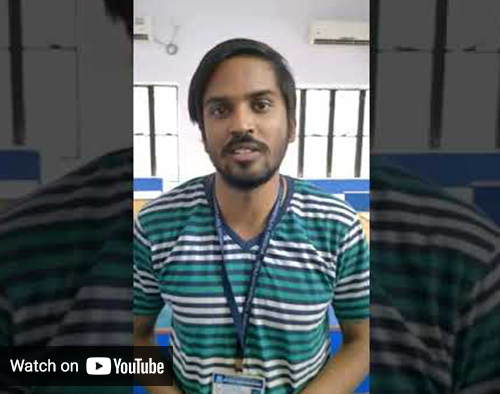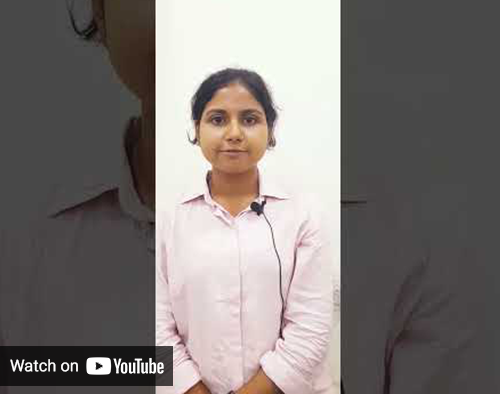JavaScript-based MEAN stack frameworks are used to develop web applications. In the MEAN stack, four key technologies make up the layers: MongoDB, Express, Angular, and Node. Web applications are developed using JavaScript technologies known as Mean Stack. Consequently, JavaScript is used from client to server and from server to database. Web applications can be developed quickly and robustly using MEAN, a full-stack development toolkit.
You will be able to advance your career in Mean Stack Web Development in Kolkata
with our Euphoria Genx course. This Full Stack MEAN Developer program teaches you how to build and deploy interactive applications and services using MongoDB, Express.js, Angular, and Node.js, GIT, HTML, CSS, and JavaScript. This course teaches JavaScript, Node.js, Angular, Docker, and Protractor, among other software development and testing technologies. A MongoDB database will be used to store data, test and deploy code, and build an end-to-end application. Do not delay and grab the opportunity of summer training in Mean Stack Web Development now by enrolling today!


